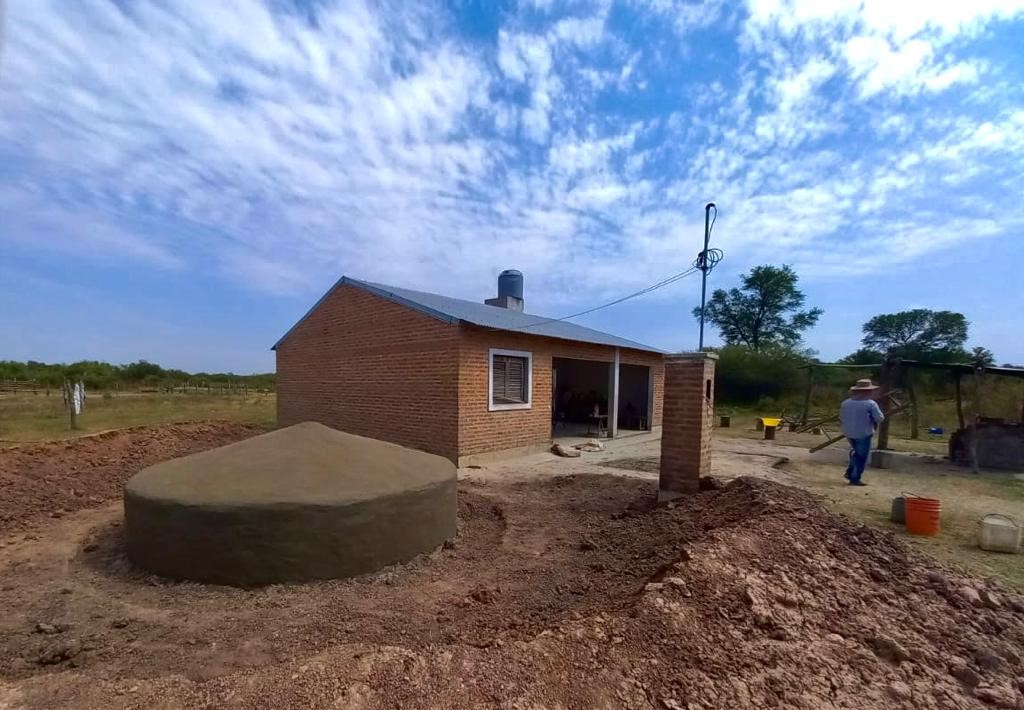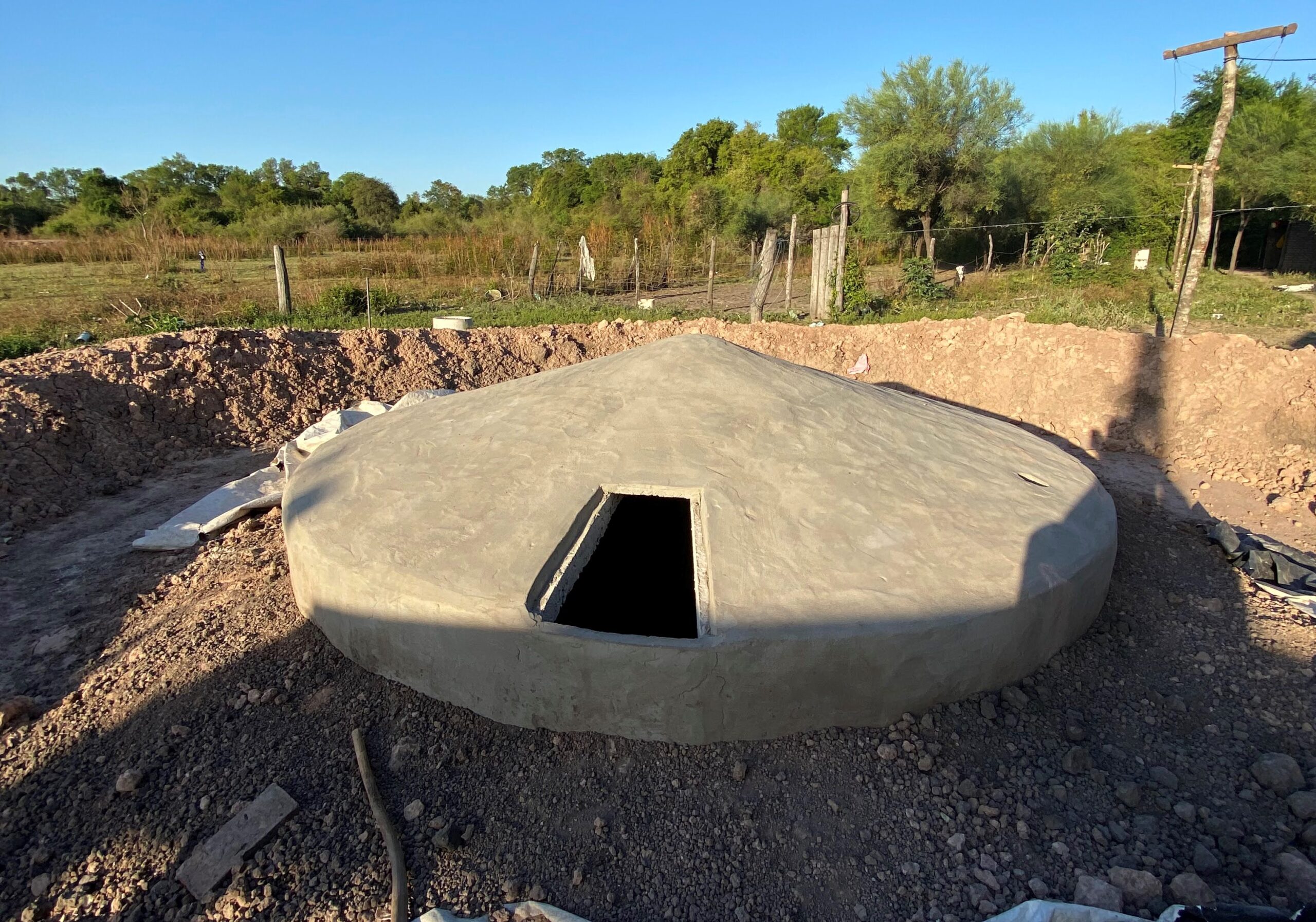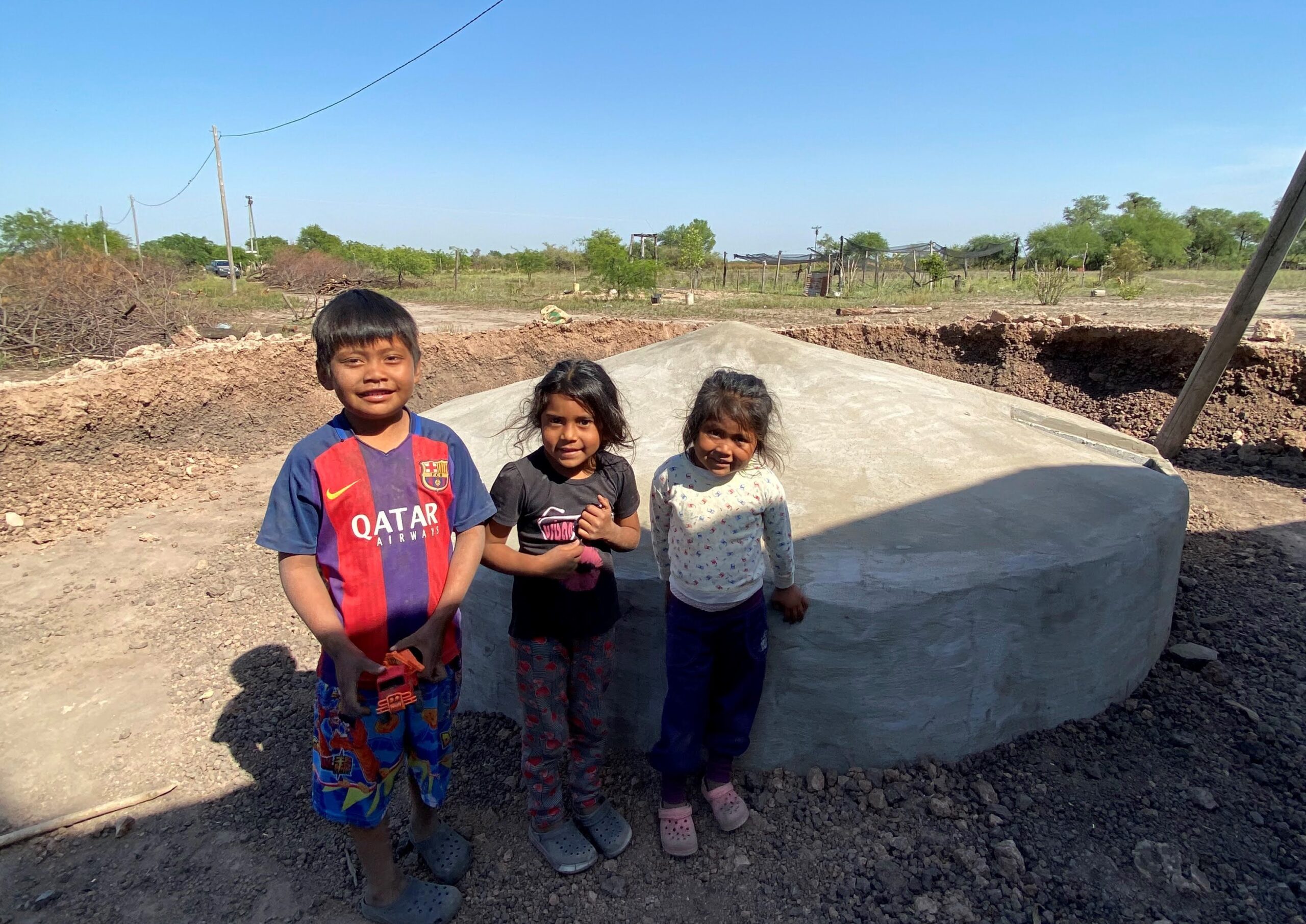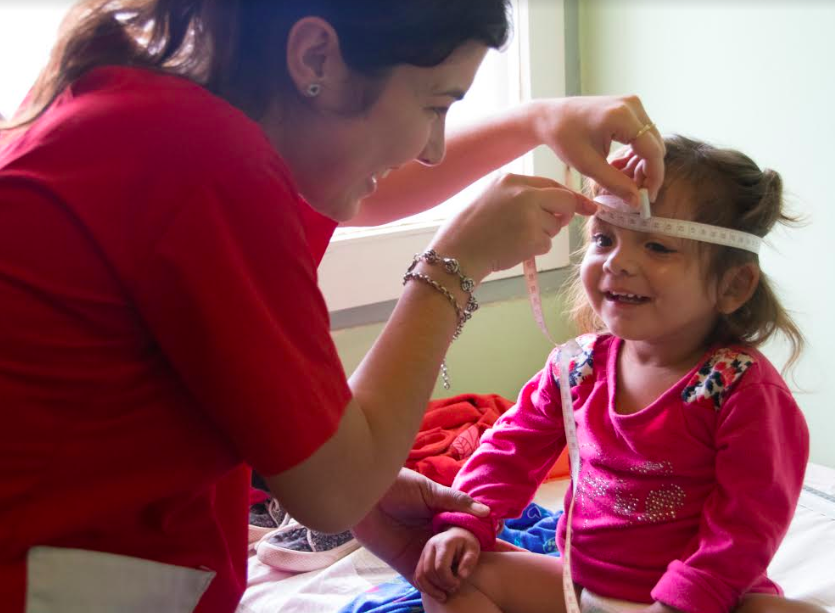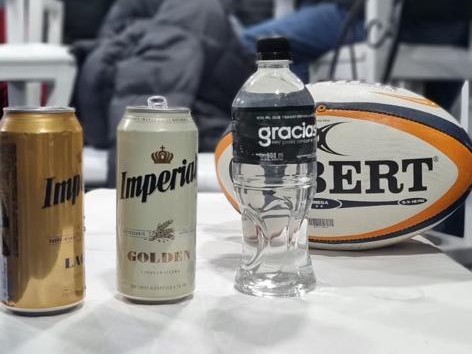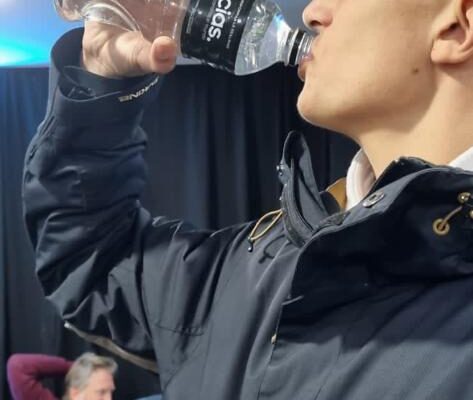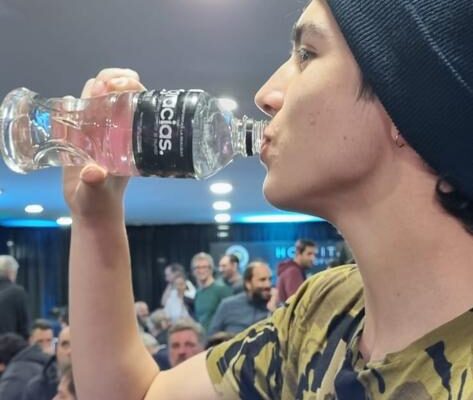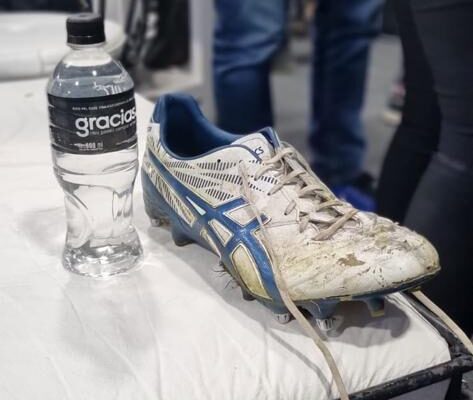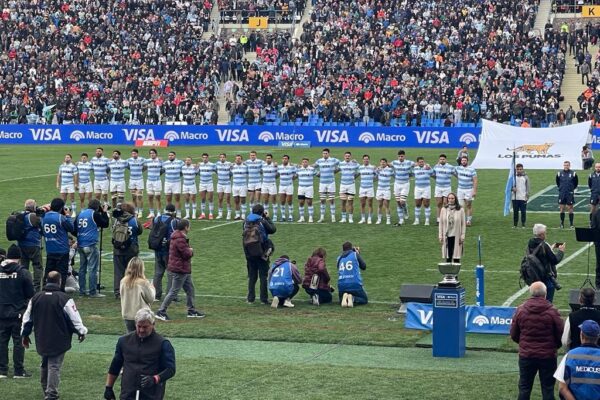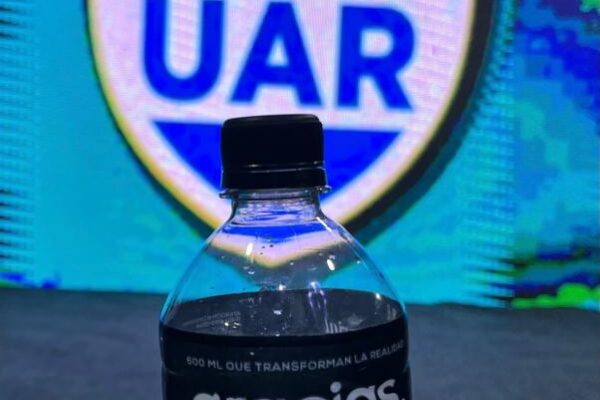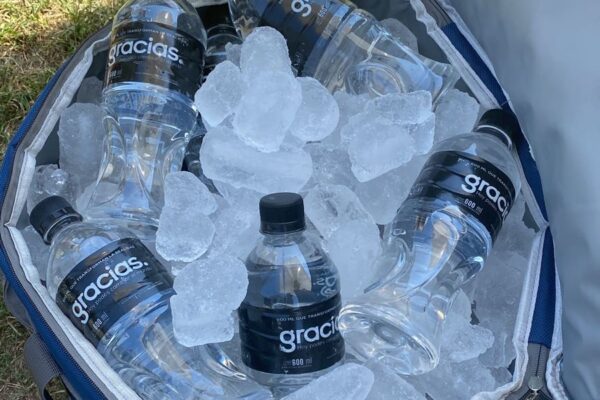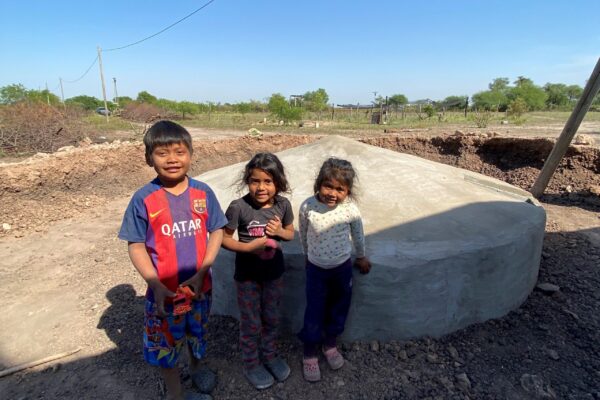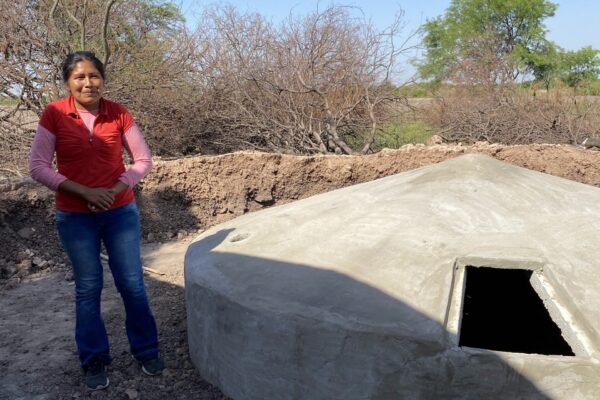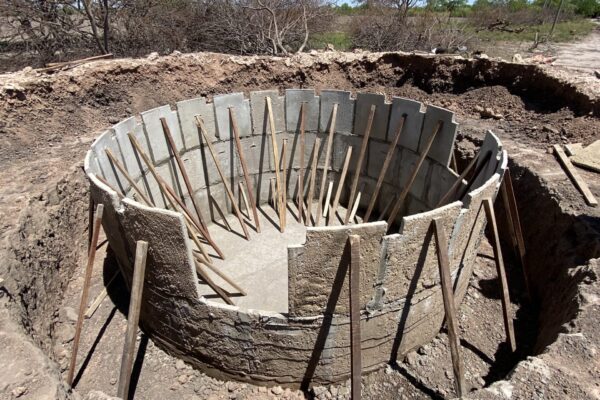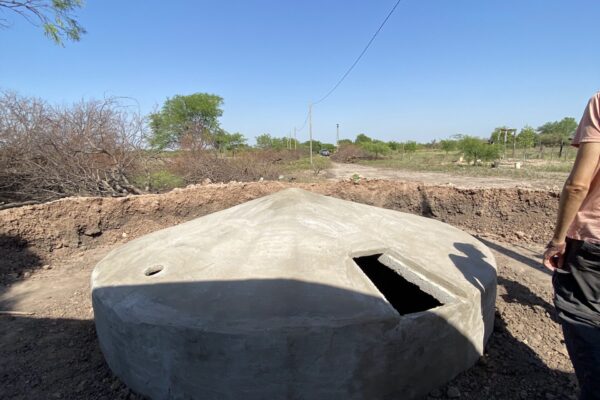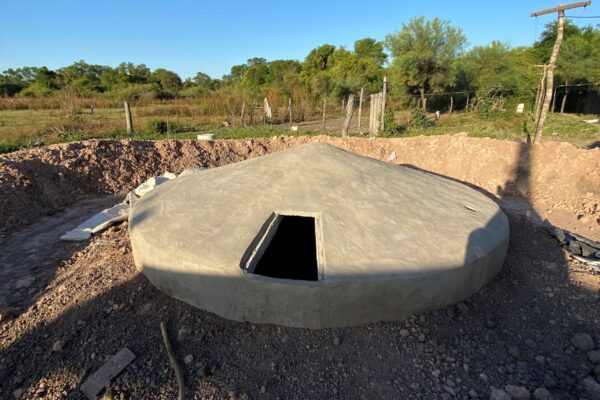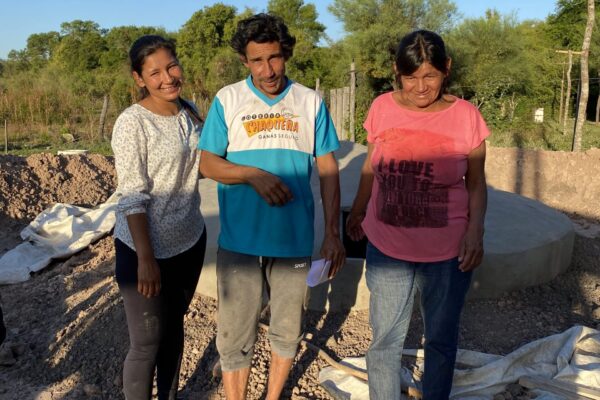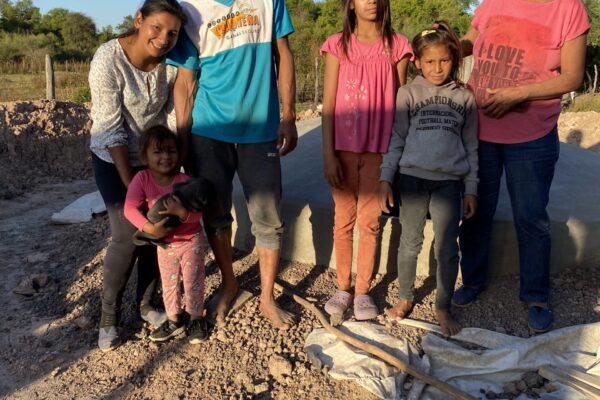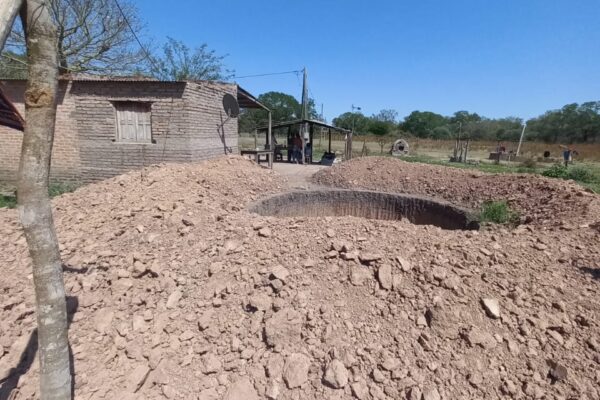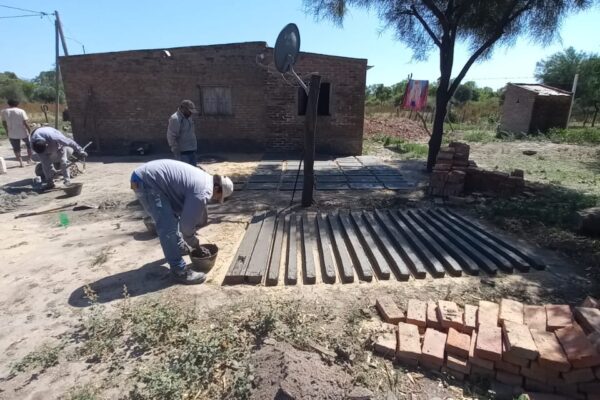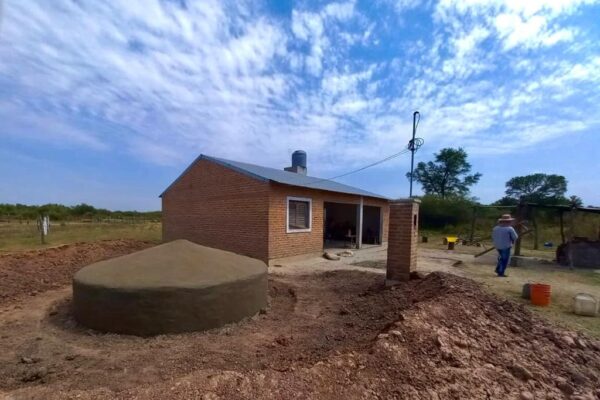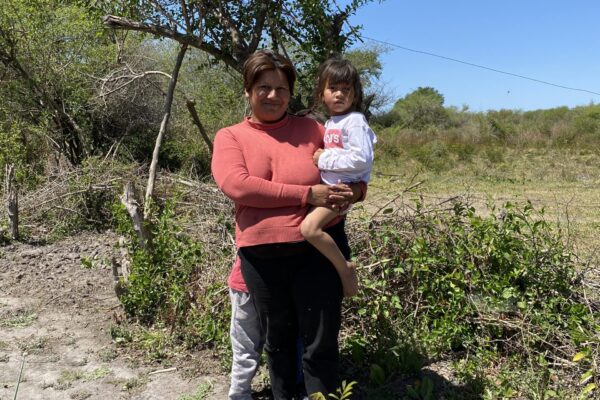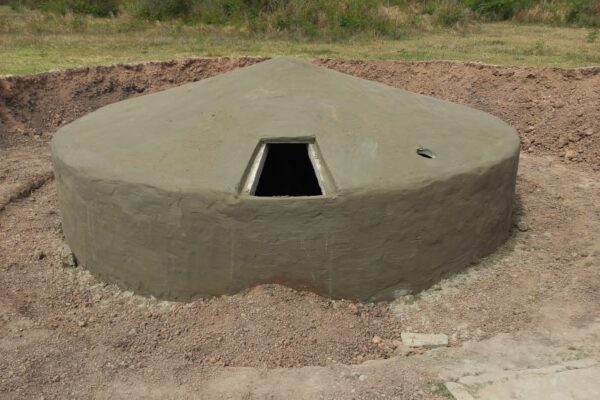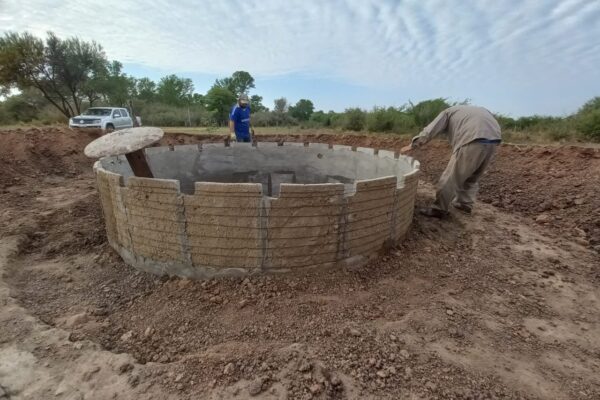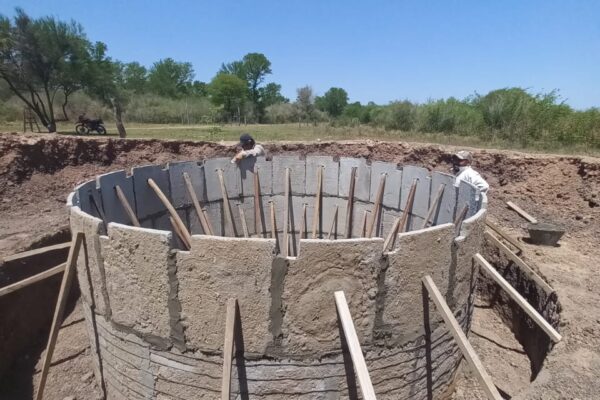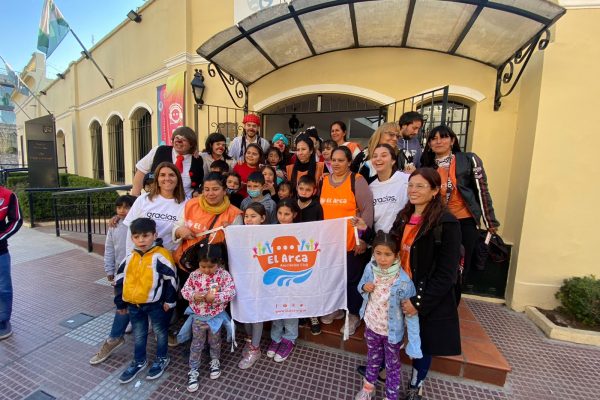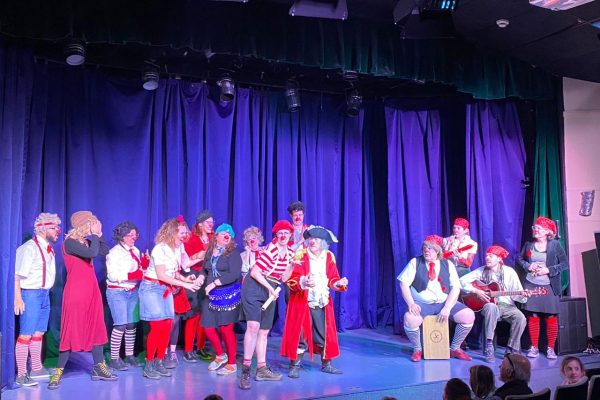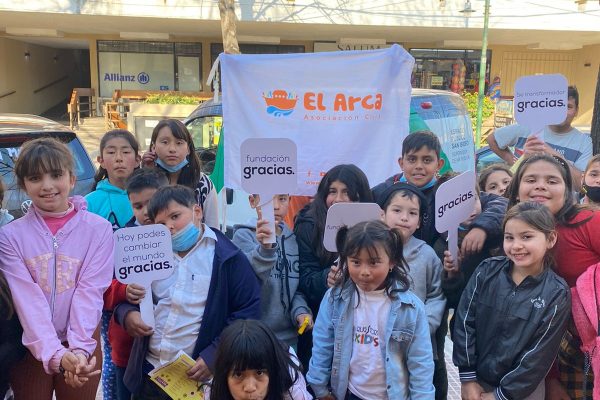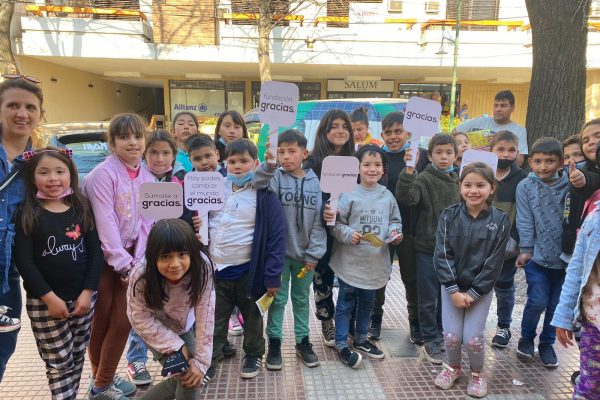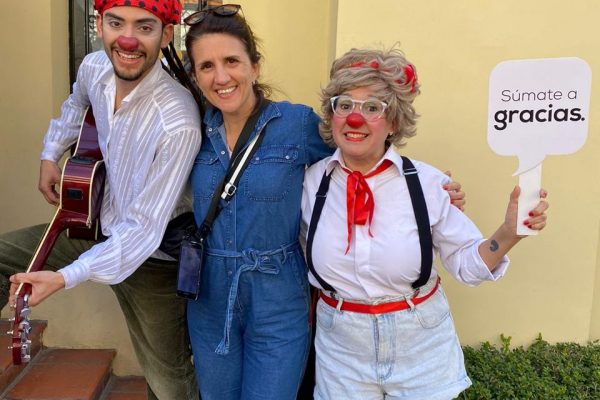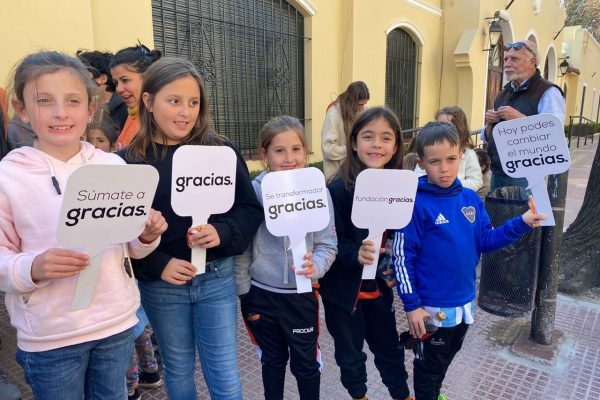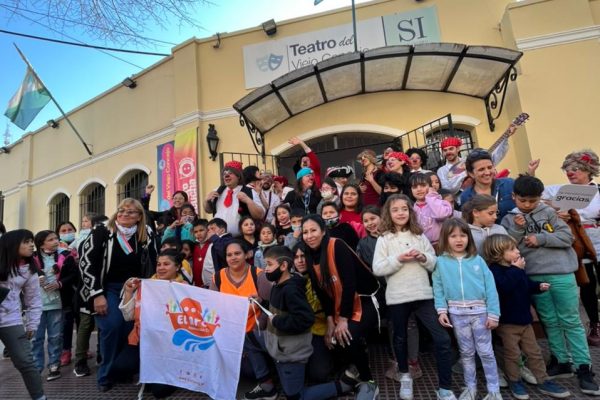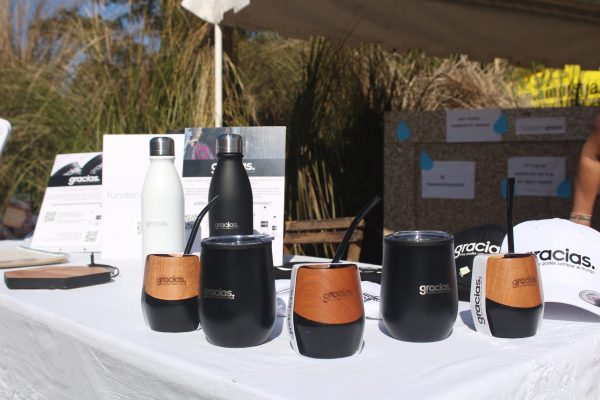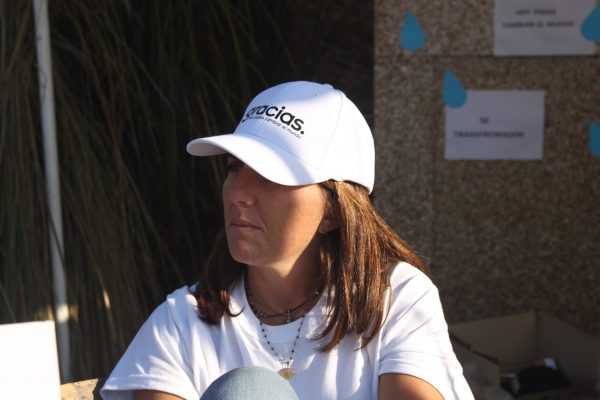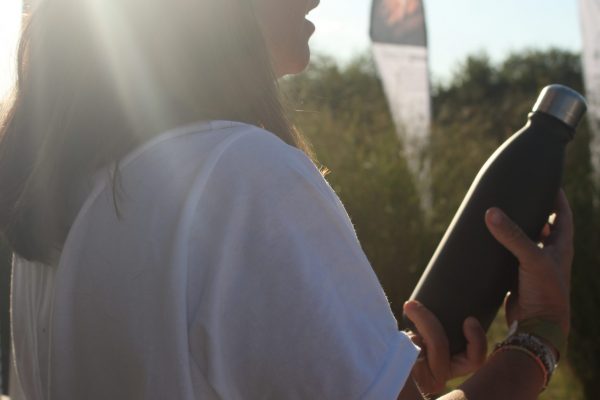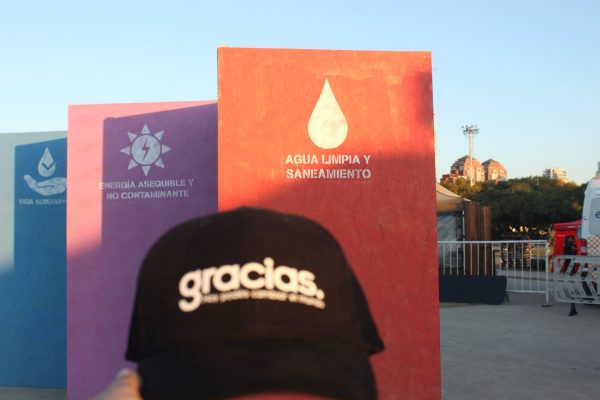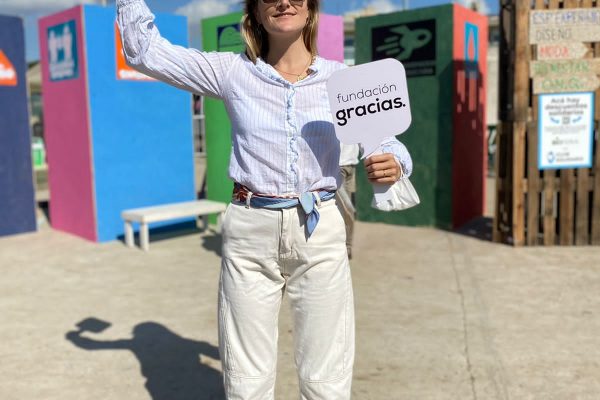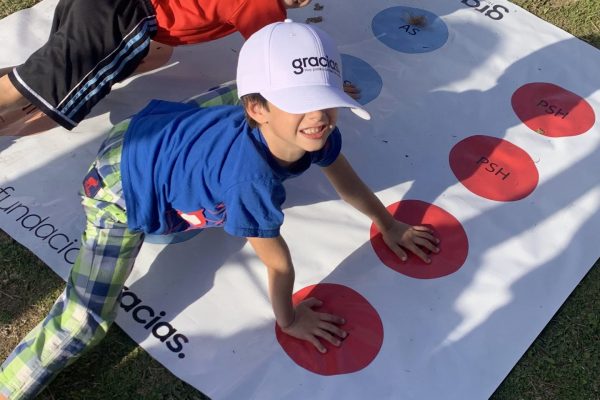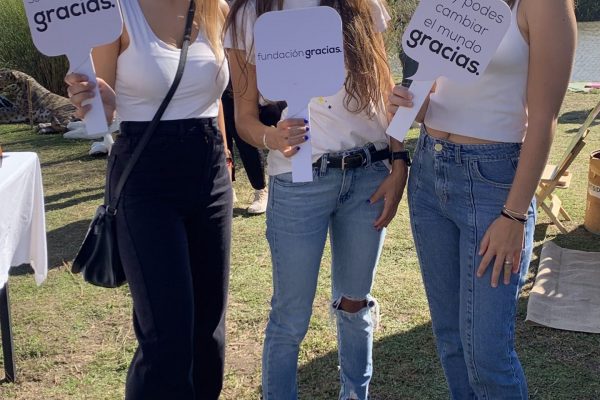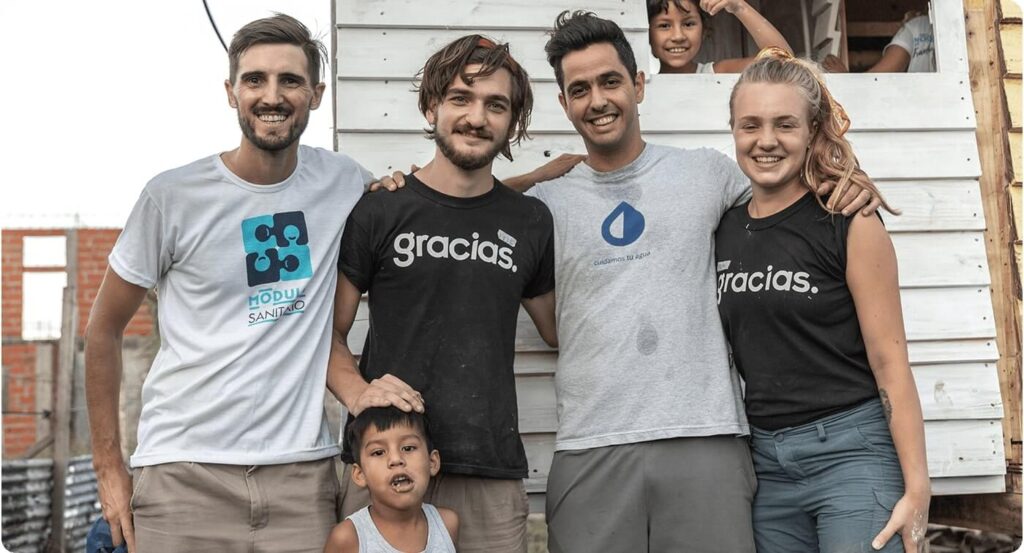
Date: June 2023
Location: Wichi Community, Paraje La Paz, Rivadavia Banda Norte.
Problem: The nutrition problem of the indigenous population in Salta and in particular in the Wichí communities is of long standing and there are different sources of consultation on the subject. Particularly important are the primary health care referrals from the Ministry of Public Health of the Province of Salta and the Argentine Red Cross. The problem is extremely complex because it involves not only insufficient infrastructure conditions (lack of housing, lack of drinking water, lack of sewage and other sanitation works) but also high unemployment rates, social marginalization due to cultural stigmatization, loss of natural resources due to the advance of logging and clearing of the native forest from which food sources were traditionally obtained, as well as poor access to health services.
Solution: The construction of a community organic garden is planned, where the 16 beneficiary families (10 Wichis and 6 rural) can grow their own food in a conscious and beneficial way for both their health and the environment. In addition, it is intended that in the long term this cocrop will be used to generate extra income for the families through the sale of foodstuffs. For this purpose, a 0.5 ha enclosure will be built to take advantage of the water supply from the existing well to irrigate a vegetable garden. This will improve the quantity and quality of the food consumed by the 16 beneficiary families.
We hope to raise sufficient funds to continue contributing to guaranteeing this right throughout Argentina.

